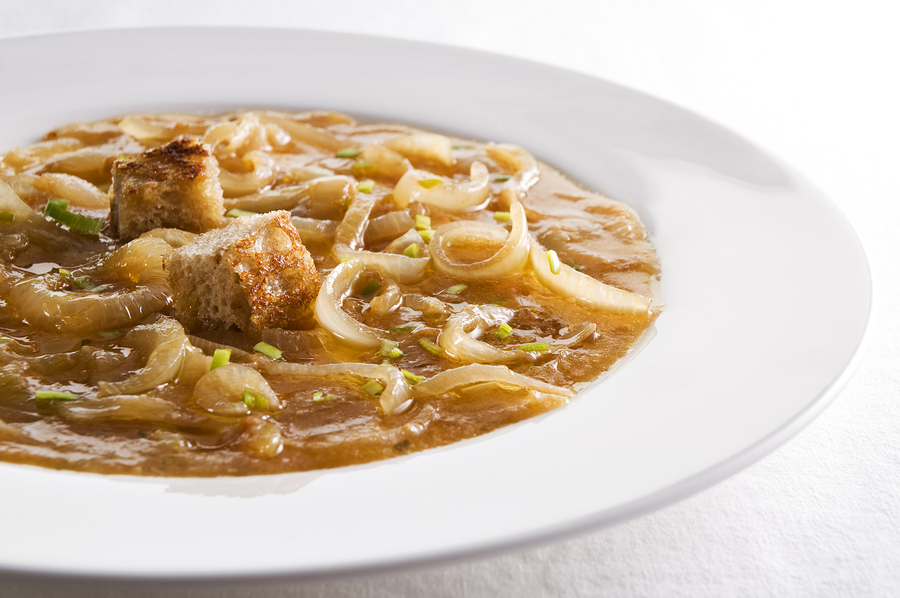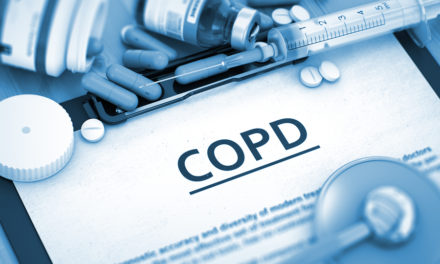Platelets in the blood are responsible for clotting. When we speak of platelet aggregation we mean the tendency of the platelets to clump together. Increased platelet aggregation can be a problem because clotting occurs too easily and it can create a tendency to develop atherosclerosis. A study that was published in the British Journal of Clinical Nutrition (2006; 96(3): 482-8) that looked at the effect consuming onion soup that was high in quercetin had on platelet aggregation. In the study, subjects consumed onion soup that was either high in quercetin (69 mg.) or low in quercetin (5 mg.). In the subjects consuming the high quercetin soup, platelet aggregation was inhibited.
Quercetin is a bioflavonoid. Bioflavonoids are a class of water-soluble plant pigments found in fruits, vegetables, and certain beverages that have antioxidant effects. Antioxidants are compounds that protect cells against the damaging effects of reactive chemicals known as free radicals. Free radicals can cause oxidative stress, leading to cellular damage.
Oxidative stress has been linked to cancer, aging, atherosclerosis, ischemic injury, inflammation and neurodegenerative diseases (Parkinson’s and Alzheimer’s). Flavonoids may help provide protection against these diseases by contributing to the total antioxidant defense system of the human body. Studies have shown that flavonoid intake is inversely related to mortality from coronary heart disease and to the incidence of heart attacks.






